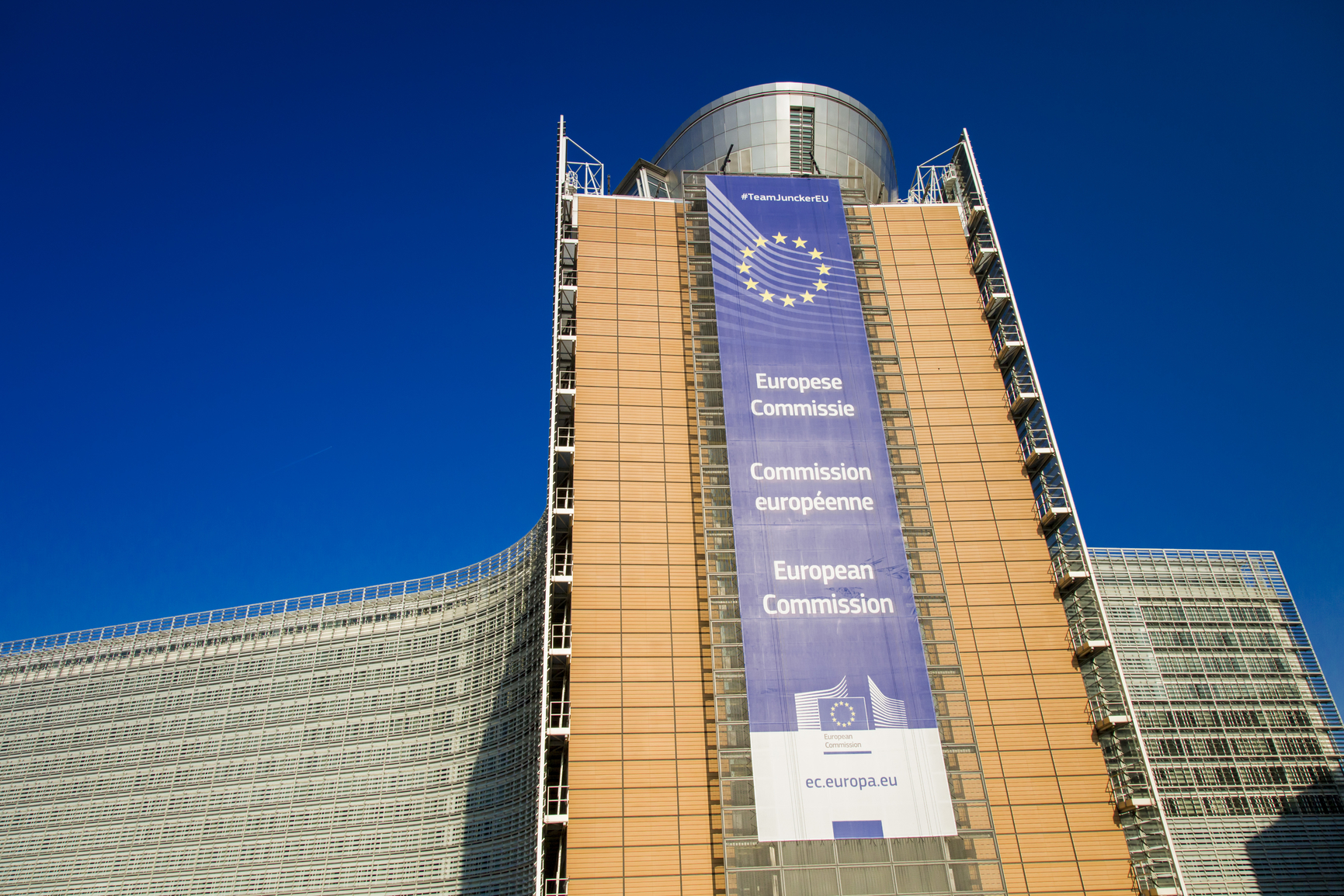Significant risk of corruption in billion-euro recovery fund: EU Commission fails to act against fraud

Despite a doubling of EU funds, the EU Commission has no adequate strategy to prevent fraud with the billions of euros to be disbursed. By today, Friday, the governments of the EU member states must submit their plans to the Commission on how they plan to invest the money from the coronavirus recovery funds. In the coming years, EU payments to member states from the regular budget and the recovery funds will double. At the same time, however, the Commission is not increasing its resources for fighting fraud and corruption at nearly the same rate.
Most recently, Hungary submitted plans to fund a controversial higher education reform that envisaged payments of corona recovery funds into opaque foundation structures. There is a risk that cronies of Prime Minister Viktor Orban would have gained millions from the scheme. After harsh criticism from the European Parliament, the Hungarian government seems to have put the plans on hold for the time being.
Daniel Freund, chairman of the European Parliament’s cross-party Anti-Corruption Intergroup, comments:
“The coronavirus recovery fund is an important sign of European solidarity to deal with the consequences of the COVID-19 pandemic. But it is an open secret that huge flows of money always attract fraudsters who want to enrich themselves with European taxpayers’ money. There is a pattern of fraud with EU funds in some member states. Every year, billions of euros seep into corrupt channels. At the same time, the Commission fails to take decisive action against it and does not even use existing means to fight corruption. It is unacceptable that money intended for Europe’s recovery ends up in the pockets of corrupt oligarchs and politicians.”
Click here for my plenary speech.
Fraud Should Not Be Ever Given: Plenary Speech on EU Anti-Fraud Programme (29 April 2021)Click here for the open letter.
Open letter to President of the Commission Ms. Ursula von der LeyenPervasive error in expenditure attested by EU Court of Auditors:
In its latest annual report, the European Court of Auditors attested a pervasive error in the EU's expenditure. Court of Auditors President Lehne stated that the control mechanisms of the EU Commission (and member states) are simply not reliable enough.
No decisive action against Andrej Babis' conflict of interests:
For two years, the Commission has now been examining whether Babis’ case constitutes a conflict of interests. The result of the first audit report was finally published last week, the audit concerning agricultural subsidies is still ongoing. In the meantime, Babis negotiated the Multiannual Financial Framework and the Corona recovery funds. Direct payments of agricultural funds to Agrofert can, according to the Commission, not be suspended because they can by nature not result in a conflict of interests.
No suspension of funds:
Under both the Common Provisions Regulation (CPR) and the rule of law mechanism, the Commission can suspend funds to Member States if there is evidence of systematic misuse. The rule of law mechanism has still not been used, and the CPR has only been used very sporadically by the Commission in recent years (and not in Hungary), although it is obvious that EU funds are systematically misused, especially in Hungary, to enrich e.g. Orban's circles.
European Public Prosecutor's Office underfunded and understaffed:
EPPO says it needs at least 55.5 million euros and 219 staff members for 2021 to be able to handle the expected caseload. After long negotiations, the Commission granted EPPO only 45 million euros and 130 staff members.
No overview of beneficiaries of EU funds:
The Commission has no overview of the final beneficiaries of EU funds disbursed under the shared management system (which covers about 80% of all EU funds). According to a study commissioned by the Budgetary Control Committee, it is not possible to identify the 50 largest recipients of EU agricultural and cohesion funds with sufficient certainty due to the lack of data. This also makes it difficult to determine the existence of conflicts of interests, as in the case of Babis.
Non-compliance with international anti-corruption commitments for 12 years:
Twelve years ago, the Commission ratified the UN Convention against Corruption (UNCAC) and thereby committed itself to submit a regular assessment of its anti-corruption strategy. So far, this has never happened. According to the Commission, such an assessment should be presented for the first time by mid-2021.

